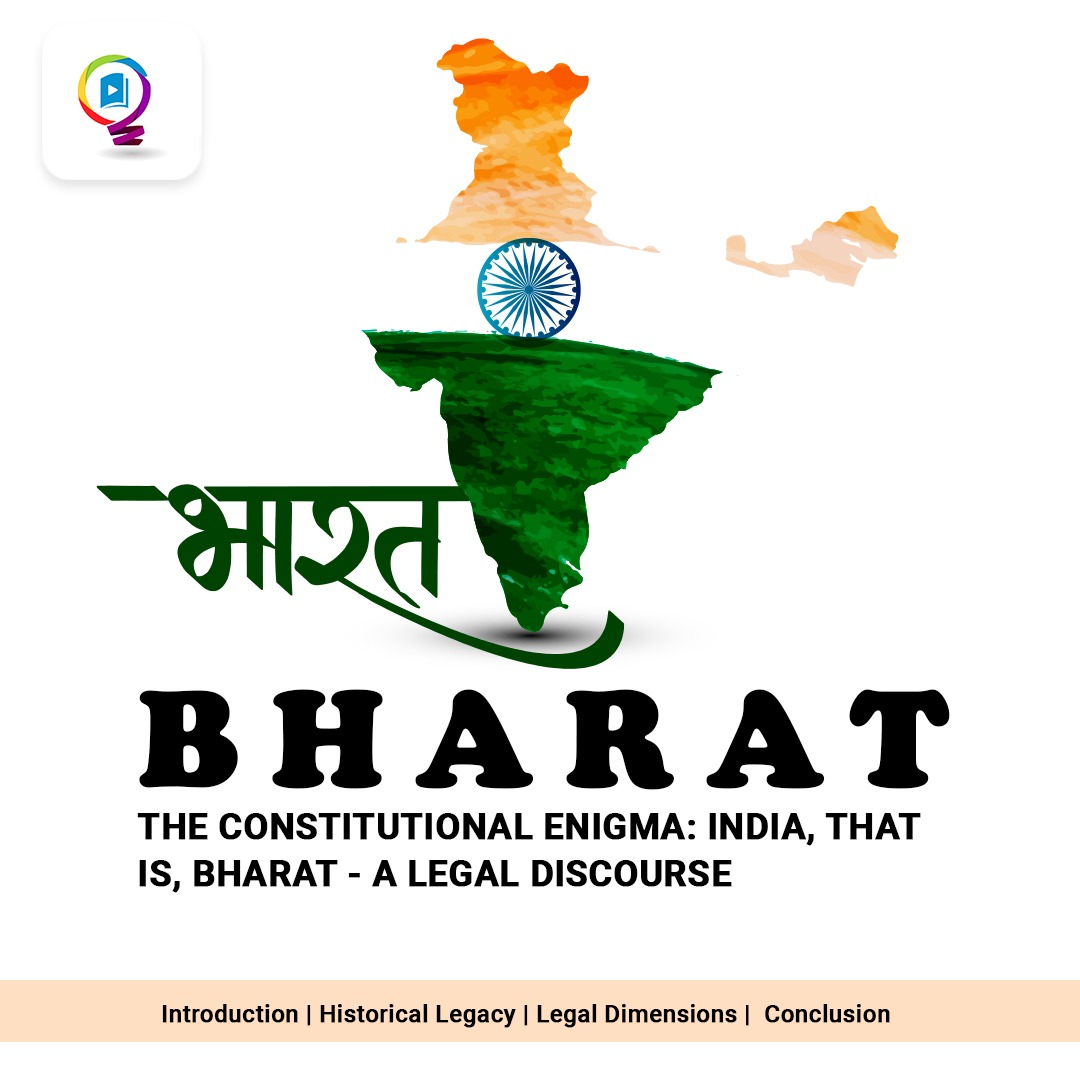CURRENT AFFAIRS
Get the most updated and recent current affair content on Padhaikaro.com
Cognisable vs. Non-Cognisable Offences: A Comprehensive Analysis
- Integrity Education, Delhi
- 19, Sep 2023

Introduction
In the realm of criminal law, offences are categorised into various classes, each with its own set of legal implications. Among these classifications, cognisable and non-cognisable offences hold a distinctive place in India's legal landscape. Understanding the difference between these two categories is crucial for both legal practitioners and the general public. This article aims to provide an in-depth analysis of cognisable and non-cognisable offenses, their legal definitions, relevant sections, case laws, and a global perspective on this topic.
Cognisable Offences
Cognisable offences are those for which a police officer can arrest an accused without a warrant. These offences are considered more serious in nature and often involve grave harm to individuals or society as a whole. The power to arrest without a warrant in cognisable cases is governed by Section 41 of the Code of Criminal Procedure (CrPC), 1973. Section 2(c) of the CrPC defines cognisable offences as those offences where the police officer can take cognizance without the need for a magistrate's order or a complaint from the aggrieved party.
Illustration: In a case of robbery where a victim reports the incident to the police, the police have the authority to arrest the suspect without obtaining a warrant. This is because robbery is a cognisable offence.
Case Law: In the landmark case of Joginder Kumar v. State of Uttar Pradesh (1994), the Supreme Court of India emphasised that the police's power of arrest in cognisable offenses must be exercised judiciously and not arbitrarily. The court laid down guidelines to protect individuals from arbitrary arrests, highlighting the importance of fundamental rights.
Non-Cognisable Offenses
Non-cognisable offenses, on the other hand, are comparatively less serious in nature and do not allow for immediate arrest without a warrant. Section 2(l) of the CrPC defines non-cognisable offenses as those where a police officer cannot take cognizance without a magistrate's order or a complaint from the aggrieved party. In such cases, the police officer must inform the complainant about the right to file a private complaint before a magistrate.
Illustration: Petty cases like defamation, simple assault not resulting in grievous injury, and breach of trust are generally categorised as non-cognisable offenses. The police cannot make an arrest in such cases without a warrant.
Case Law: In the case of Prabhu Chawla v. State of Rajasthan (2003), the Rajasthan High Court held that non-cognisable offenses are those where the police can only record the complaint and cannot proceed with an arrest without obtaining a warrant from a magistrate.
Legal Maxims and Principles
In the context of cognisable and non-cognisable offenses, two important legal maxims come into play:
- "Actus non facit reum nisi mens sit rea" - This Latin maxim means that an act does not make a person guilty unless there is a guilty mind. It emphasizes the need for both a guilty act (actus reus) and a guilty mind (mens rea) to establish criminal liability. This principle is relevant in determining whether an offense is cognisable or non-cognisable, as it considers the seriousness of the offense and the requisite intent.
- "Fiat justitia ruat coelum" - This Latin maxim translates to "Let justice be done though the heavens fall." It underscores the importance of upholding justice, even if it means disrupting established norms or procedures. In the context of cognisable and non-cognisable offenses, this principle highlights the need for a balanced approach to law enforcement.
Worldwide Perspective
The distinction between cognisable and non-cognisable offenses is not unique to India; it exists in legal systems around the world. However, the criteria for categorizing offenses may vary from one jurisdiction to another. In many countries, including the United States and the United Kingdom, the concept of cognisable and non-cognisable offenses is replaced by distinctions such as felonies and misdemeanors or indictable and summary offenses.
Legal Luminaries' Views
- Lord Denning, a renowned English judge, once remarked, "The police are the public, and the public are the police." This statement emphasises the importance of police discretion and responsibility in handling both cognisable and non-cognisable offenses in the pursuit of justice.
- Mahatma Gandhi, the Father of the Nation in India, stressed the need for a just legal system, saying, "I regard it as the highest function of a lawyer to bring together parties who do not wish to be brought together."
Conclusion
In India's legal landscape, the distinction between cognisable and non-cognisable offenses plays a vital role in shaping the criminal justice system. While cognisable offenses allow for immediate police action without a warrant, non-cognisable offenses necessitate a more measured approach, often involving a magistrate's intervention. Understanding this distinction is essential for both law enforcement agencies and citizens to ensure that justice is served while safeguarding individual rights and liberties. As the legal maxim suggests, "Fiat justitia ruat coelum"– let justice be done, even if it means challenging established norms.
In the global context, similar distinctions exist, highlighting the universal importance of balancing law enforcement and individual rights. As legal luminaries have opined, the pursuit of justice should always be paramount in any legal system, regardless of the terminology used to categorise offenses.